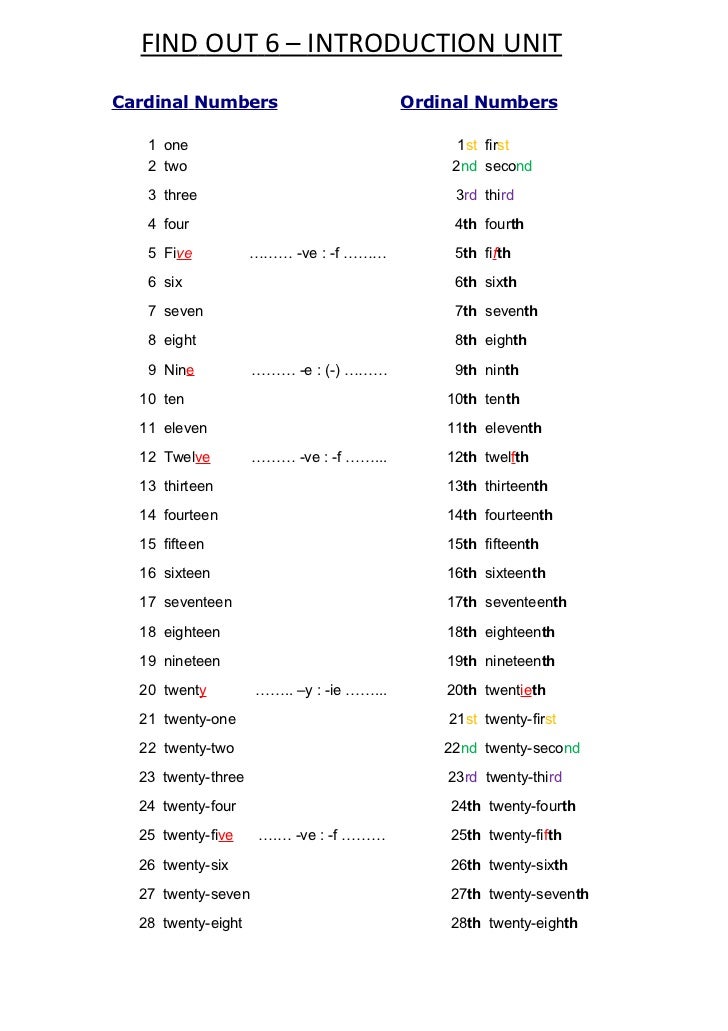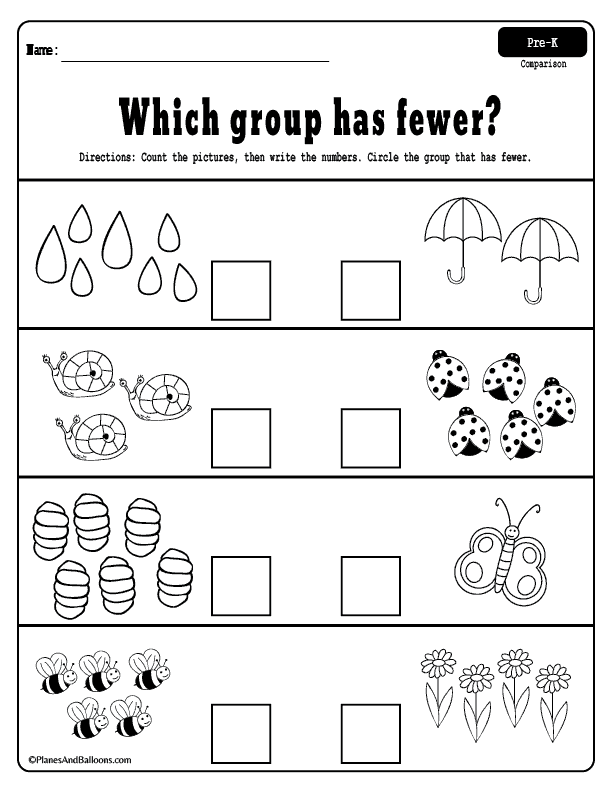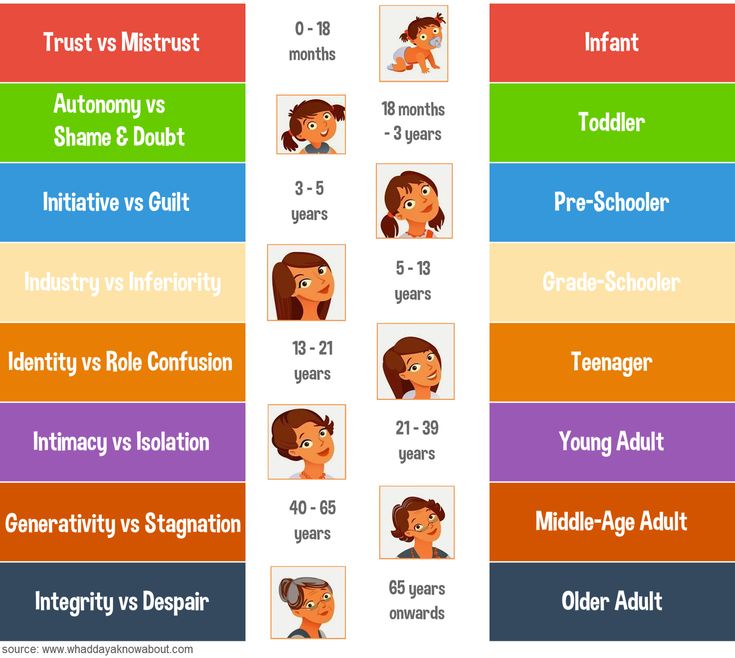Things to do before bedtime
8 Healthy Habits You Should Always Do at Night
There's more to do before hitting the sack than brushing your teeth and washing your face. We asked experts what to do before bedtime.
fizkes/Getty Images
What to do before bed
If you’re craving a good night’s sleep, start by avoiding things that sabotage your sleep like caffeine, big meals, and even serious conversations. Instead, before bed, opt for the following habits to set yourself up for relaxing, successful slumber.
Quinn Martin/Shutterstock
Use mouthwash
Brushing your teeth and flossing are important steps in maintaining a cavity-free mouth, but that’s not all you should be doing for healthy teeth, according to Scott B. Eisen, DDS at Catonsville Dental Care. “While we sleep, we produce less saliva and our mouths become dry,” he warns. “Saliva is the body’s natural neutralizer of the cavity-causing acids that are byproducts of the food and bacteria we neglect around our teeth and gums.
”
So use a mouthwash. While not a replacement for brushing and flossing, mouthwash is a healthy defense against bacteria and plaque. “Using an antiseptic or fluoridated mouthwash at night can help maximize the benefits of the rinse, without them being quickly washed away by food and drink,” says Dr. Eisen. The type of mouthwash will depend on your specific needs. “Antiseptic rinses, like Listerine, reduce oral bacteria and plaque and help prevent gingivitis. Fluoride rinses, like ACT, can help remineralize enamel and reduce sensitivity in people who are at a higher risk for cavities,” says Dr. Eisen.
Stock Asso/Shutterstock
Go to bed at the same time every night
Yep, even on the weekends. A lot of important things go on in your body and mind while you’re snoozing, so it’s important to keep a consistent sleep schedule. “Long-term health depends on the regeneration that occurs during deep sleep,” says Jacqueline Blakely, naturopathic doctor at Holtorf Medical Group.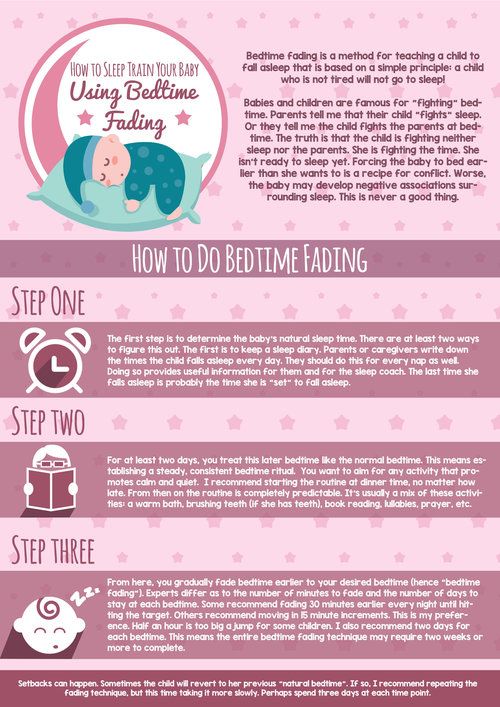 Hormones secreted during sleep stimulate important functions such as liver cleansing, muscle building, tissue regeneration, the breakdown of fat stores, and normalization of blood sugar. “Sleeping at odd hours and at different times messes up our natural sleep cycle,” says Blakely. When you go to bed at the same time and wake at the same time, it trains your body for sleep.
Hormones secreted during sleep stimulate important functions such as liver cleansing, muscle building, tissue regeneration, the breakdown of fat stores, and normalization of blood sugar. “Sleeping at odd hours and at different times messes up our natural sleep cycle,” says Blakely. When you go to bed at the same time and wake at the same time, it trains your body for sleep.
SpeedKingz/Shutterstock
Snack on this combo
Fiber, protein, and healthy fats are what you should always eat for a bedtime snack says Jillian Michaels, health and wellness expert, and creator of the Jillian Michaels App. “These foods promote satiety and contain tryptophan which aids in better sleep and better mood,” says Michaels. Her go-to snacks are: turkey, lettuce, and tomato roll-ups, a handful of dry-roasted or raw almonds, organic Greek yogurt and a handful of blueberries, hummus and veggies, organic string cheese, or a hard-boiled egg.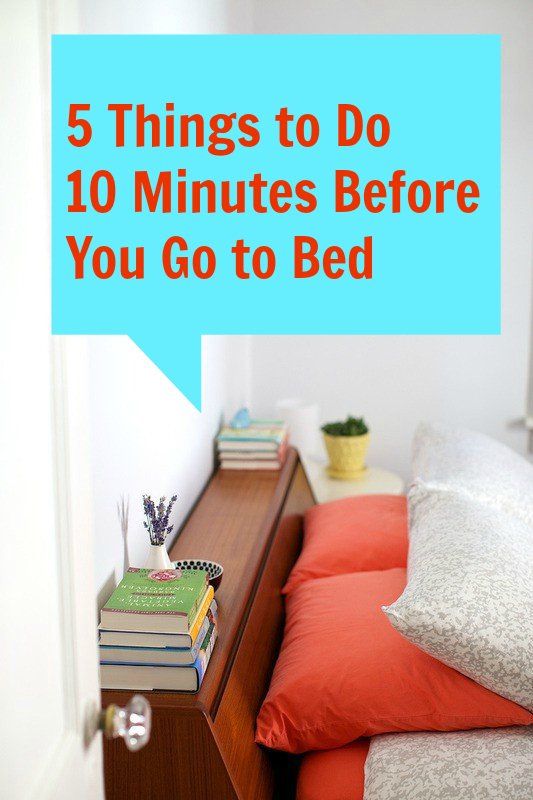
Steer clear of sugar, starch, or fried and fatty foods combos at night. “Be sure to avoid starches and sugars as those drive up insulin levels, causing restless sleep and interference with the bodies release of HGH, our immunity-boosting, anti-aging, fat-burning hormone,” says Michaels. Fried or fatty foods can result in delayed gastric emptying and could lead to an upset tummy or bloating, causing more tossing and turning instead of snoozing, says Steven Bentley, MD, a retired emergency physician. Fermented foods produce gas and bloating as well. “It’s important to refrain from these foods so that you avoid stomach aches and pain,” says Bentley.
Sata Production/Shutterstock
Do some easy yoga
If you sit all day, chances are your hips and hamstrings are tight by evening. “The tension in these tissues compounds over time and plays a significant contributing role in back and hip pain,” says Tiffany Cruikshank, founder of Yoga Medicine and author of
Meditate Your Weight. To get relief try these some bedtime yoga poses.
To get relief try these some bedtime yoga poses.
Cruikshank recommends two in particular. With the supine hamstring pose, lie on your back and loop a towel or strap around the ball of your right foot, then extend your leg in front of you. (The key is to find a gentle stretch where your low back and hips can still relax.) Bend the raised leg if your leg is lower than the height of your hips. This will put a little slack on your hamstrings so you can relax. Take a few deep breaths to unwind as you stay for 30 to 60 seconds then repeat on the left side.
With the figure four pose, lie on your back with your feet on the floor. Take your right ankle and place it on your left knee. If you feel a stretch in your hips here simply stay put, otherwise you can draw your left leg in toward you and grab the back of your left thigh or your left shin. Relax your head and shoulders as you lean your torso back into the floor. Take a few deep breaths as you relax your low back and hips here. Stay for 1 to 2 minutes then repeat on the second side. (Here are 9 more easy yoga poses you can try at night.)
(Here are 9 more easy yoga poses you can try at night.)
MIA Studio/Shutterstock
Try magnesium
Magnesium carries a lot of clout. It’s responsible for over 300 biochemical reactions in the body, yet many of us aren’t getting enough of this essential mineral. Small studies have shown that magnesium might help as a sleep aid. A 2017 study published in Nutrients found that magnesium increases the neurotransmitter GABA in the brain. GABA helps relax your mind and calm your thinking so you can fall asleep. If you take magnesium, you might want to consider taking it before bed to see if it helps relax your body and mind.
Rawpixel.com/Shutterstock
Cut back on booze
We know it may be a buzz kill (pun intended), but according to Blakely, alcohol is full of sugar and can make for a lousy night of sleep. “Alcohol may seem like it helps you fall asleep, but it doesn’t allow for a restful night. Studies have shown that alcohol can disrupt neurotransmitters in the brain that regulate sleep cycles like REM, your deep sleep cycle,” says Blakely. If you’re menopausal, booze before bed can worsen night sweats and hot flashes. “Skip the beer and try a tea with hops. Hops are calming on the nervous system and can provide a restful night sleep.” (Need help? Here’s how to easily cut back on alcohol.)
Studies have shown that alcohol can disrupt neurotransmitters in the brain that regulate sleep cycles like REM, your deep sleep cycle,” says Blakely. If you’re menopausal, booze before bed can worsen night sweats and hot flashes. “Skip the beer and try a tea with hops. Hops are calming on the nervous system and can provide a restful night sleep.” (Need help? Here’s how to easily cut back on alcohol.)
Africa Studio/Shutterstock
Cut back on caffeine (yep, dark chocolate too)
Always avoid caffeine, including dark chocolate, soda, and coffee in the evening. Caffeine has a six-hour half-life, which means it could take a full twenty-four hours to work its way out of your system. The cup you had at 8:00 this morning could leave as much as 25 percent of the caffeine in your body at 8:00 tonight, depending on your body chemistry and genetics. That coveted piece of dark chocolate whispering to you after dinner? Sure, it’s full of healthy benefits but Michael Breus, PhD of SleepScore Labs and author of The Power of When says think twice. When a two-ounce chunk of 70 percent dark chocolate has 70 milligrams of caffeine—about the same as a shot of espresso—that’s not exactly a nighttime drink. “Limit consumption of alcohol and caffeine after 2:00 p.m.,” says Breus.
When a two-ounce chunk of 70 percent dark chocolate has 70 milligrams of caffeine—about the same as a shot of espresso—that’s not exactly a nighttime drink. “Limit consumption of alcohol and caffeine after 2:00 p.m.,” says Breus.
Daxiao Productions/Shutterstock
Power down
You can power down, as Breus calls it, by lowering your body temp, blood pressure, and levels of the stress hormone cortisol. This downshift should occur the hour before bedtime and includes three 20-minute sections: First 20 minutes: “Do things you must get done. If you don’t you will think about them while you’re trying to fall asleep,” says Breus. These may include making a to-do list for the morning, journaling, and preparing for tomorrow in whatever way may make your morning run smoother. Second 20 minutes: “Do your nightly hygiene routine, which may include taking a hot bath or shower-in a dimly lit room, or one with the special sleep bulbs which filter out blue wavelength light,” suggests Breus. Final 20 minutes: Do relaxing activities such as light stretching or reading a book—no electronics. Have casual conversations with friends and family. You can play cards or games, just make sure you don’t get too excited or competitive. Meditate, pray or read scripture. Then it’s off to snoozeland.
Final 20 minutes: Do relaxing activities such as light stretching or reading a book—no electronics. Have casual conversations with friends and family. You can play cards or games, just make sure you don’t get too excited or competitive. Meditate, pray or read scripture. Then it’s off to snoozeland.
Next, here are 19 things you should be doing all day long to ensure a better night’s sleep.
Sources
- Scott B. Eisen, DDS at Catonsville Dental Care
- Jacqueline Blakely, naturopathic doctor at Holtorf Medical Group
- Jillian Michaels, health and wellness expert, and creator of the Jillian Michaels App
- Steven Bentley, MD, a retired emergency physician
- Tiffany Cruikshank, founder of Yoga Medicine and author of Meditate Your Weight
- Michael Breus, PhD, of SleepScore Labs and author of The Power of When
Originally Published: April 18, 2017
Lisa Marie Conklin
Lisa Marie Conklin is a Baltimore-based writer and writes regularly about pets and home improvement for Reader's Digest. Her work has also been published in The Healthy, HealthiNation, The Family Handyman, Taste of Home, and Realtor.com., among others. She's also a certified personal trainer and walking coach for a local senior center.
Her work has also been published in The Healthy, HealthiNation, The Family Handyman, Taste of Home, and Realtor.com., among others. She's also a certified personal trainer and walking coach for a local senior center.
11 Relaxing Activities Before Bed
Modern life can be hectic and full of stress. Relaxing at the end of each day and getting a full night’s sleep is essential in helping you cope with life’s day to day grind. However, the issues that you need sleep to help you to unwind from are often ones that also keep you awake. Luckily there are a few things you can do that will help you to relax and make sleep happen more easily. So, if you’re looking for some relaxing activities before bed that will help you get to sleep then these ten suggestions should come in handy.
It’s important to note that creating the right conditions for sleep at night aren’t as simple as doing one of the activities on this list. There are also things you can avoid as well.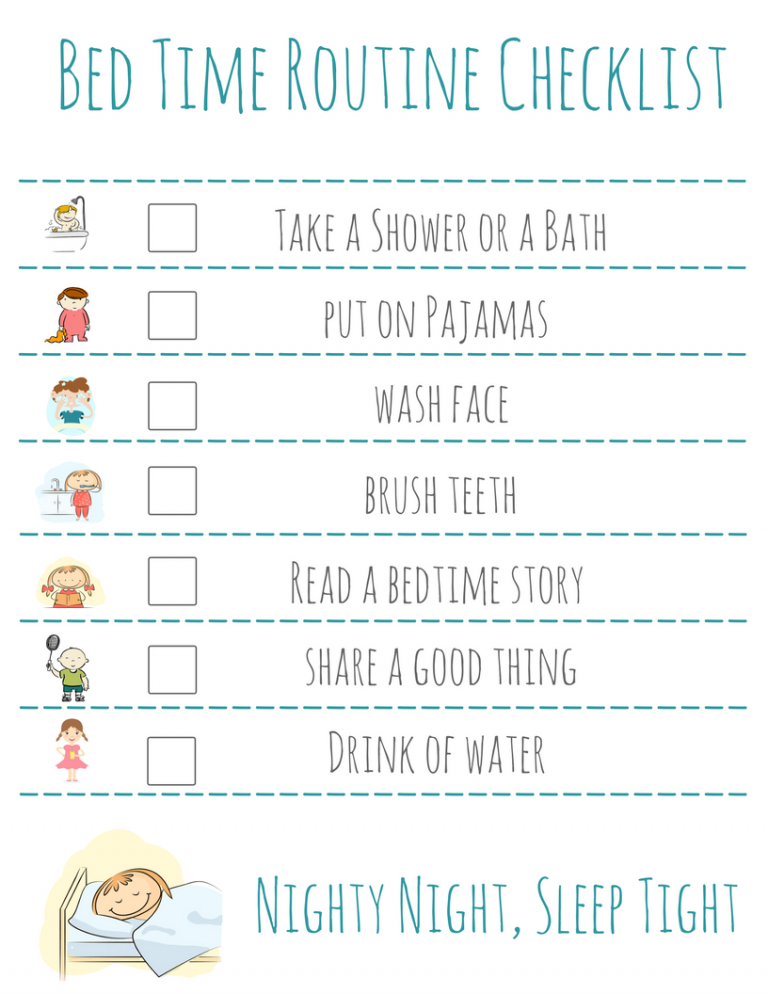 Try to avoid caffeine, blue lights from devices, and watching or listening to anything stimulating.
Try to avoid caffeine, blue lights from devices, and watching or listening to anything stimulating.
Unwinding before bed isn’t just about the things you can do, but also about the things you should avoid. Once you are avoiding the right things, then look to implement some activities to relax you before bed.
11 relaxing activities before bed
Here’s 11 relaxing activities you can add to your night time routine before bed. For best results, I recommend trying 1 of these activities everyday and incorporating the ones you found to be the most effective into your evening routine.
1. Listen to ASMR
ASMR, or Autonomous Sensory Meridian Response, is a trending and new genre of videos and audio that includes sounds such as whispers and scratching to help stimulate a tingling sensation among people and relax them.
ASMR audio recordings are great for helping you to relax. A good ASMR artist with a soothing tone can really make you feel calm and help ground you emotionally.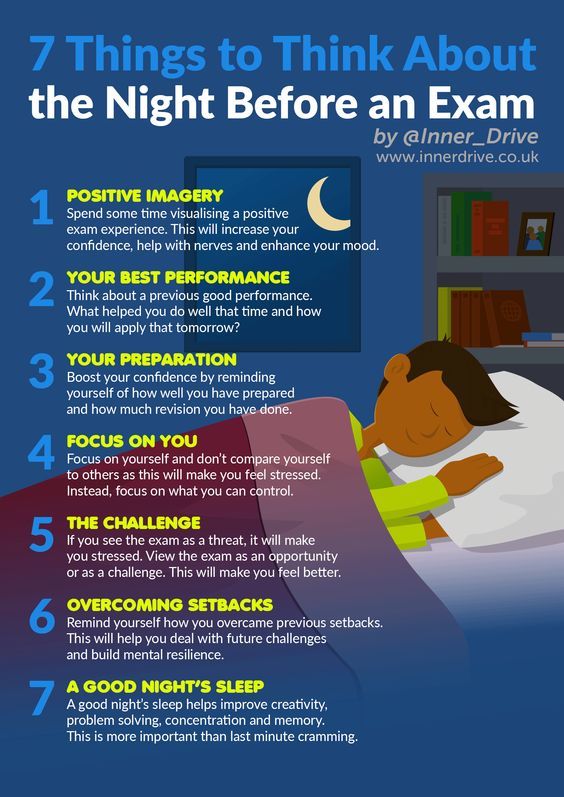 You can find plenty of ASMR videos on Youtube and you can usually buy audio versions linked from the creator’s webpage.
You can find plenty of ASMR videos on Youtube and you can usually buy audio versions linked from the creator’s webpage.
Free meditation appDeclutter The Mind is an app that will teach you how to meditate, help you form the habit of a regular practice, and expand your mind to the teachings of mindfulness.
Download App
It isn’t for everyone, but the recent surge in the amount of ASMR videos and audio is a sign of how effective it is as a relaxing activity before bed. Many of which use it before bed as an activity to prepare them for sleep.
2. Practice meditation
Take some time to practice meditation before going to sleep. Meditation is a great method for resolving negative thoughts and anxieties and it will help put you in a better mind-state for sleep.
If you’ve never tried meditation before, start with a simple breathing and visualization exercise. Generally, the idea is to use meditation to become aware of your thoughts in a non-judgemental way.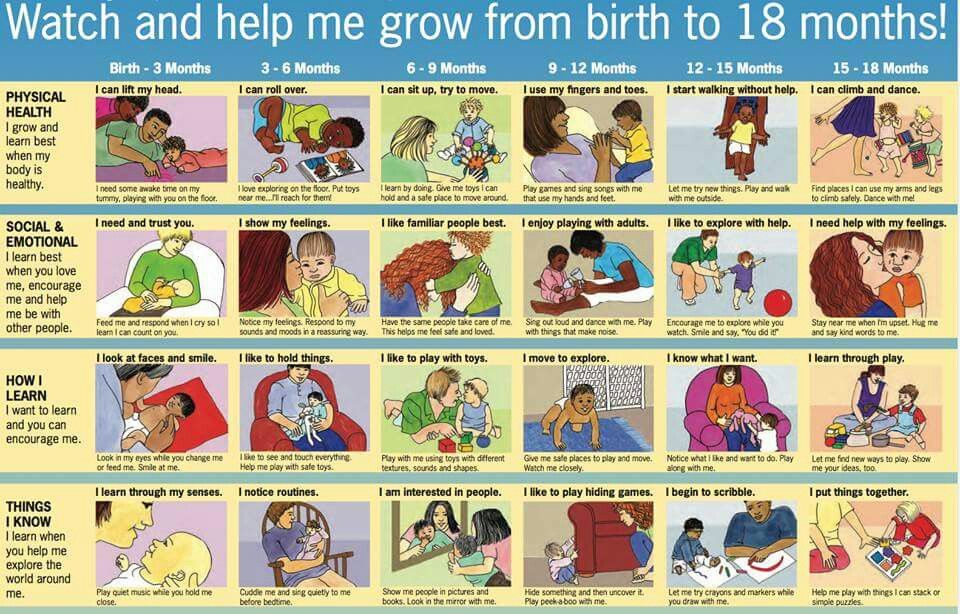 It’s our judgement of these thoughts at night that leads us to get lost in them and it can keep us up. All the issues, anxieties, and problems from the day or the days ahead don’t need to be analyzed when our head hits the pillow. Instead, meditation offers a way to clear the mind of these thoughts.
It’s our judgement of these thoughts at night that leads us to get lost in them and it can keep us up. All the issues, anxieties, and problems from the day or the days ahead don’t need to be analyzed when our head hits the pillow. Instead, meditation offers a way to clear the mind of these thoughts.
To start, you can try some of our guided meditations for sleep or even download our app which contains various guided meditations to help you relax and fall asleep.
3. Listen to sleep hypnosis audio recordings
Sleep hypnosis is a bit like ASMR combined with meditation. It uses audio effects, noises, and music combined with a soothing guided instruction to help you relax at night.
Depending on how “suggestible” a person is, sleep hypnosis works better on some people than others. It’s not a universal solution and there’s very little scientific evidence to support how it actually works.
Still, there is a lot of anecdotal evidence among people who use it nightly as an activity to relax before bed to help them fall asleep.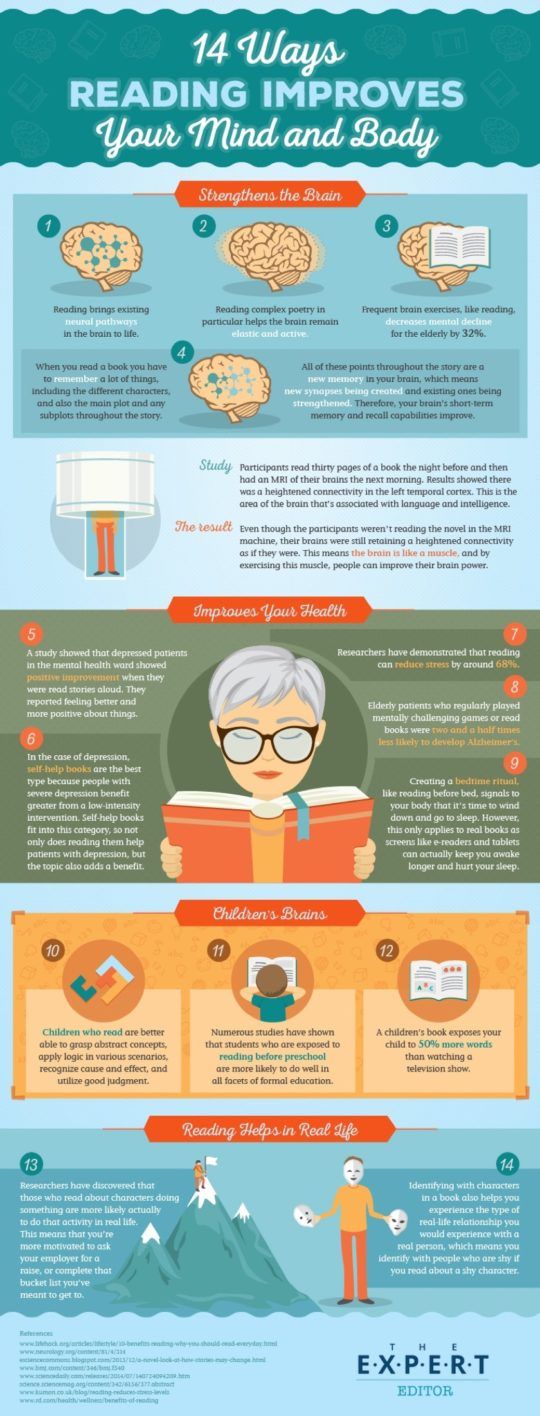
4. Read a book
Reading a good book at the end of your day is a great way to slow yourself down and get ready for sleep. It also helps distract you from any anxiety you may have left over from your day and puts you in a more passive and receptive mood ready to drift off to dreamland.
You can find plenty of interesting books to read at your local library and if you have a tablet or e-book reader you can also find lots of literature online. Light reading is suggested over more intense technical reading. The last thing you want to do is over stimulate yourself. Fiction is probably the best genre for this. If you need a suggestion, take a look at the best meditation books.
It’s also important to note that you should try to avoid reading off of backlit devices such as a laptop or tablet as the blue light they emit can stimulate you and keep you awake.
5. Listen to some soothing music
Music is a great mood enhancer, so if you want to get yourself into a more relaxed mood some smooth soothing tunes are just the thing to put you there.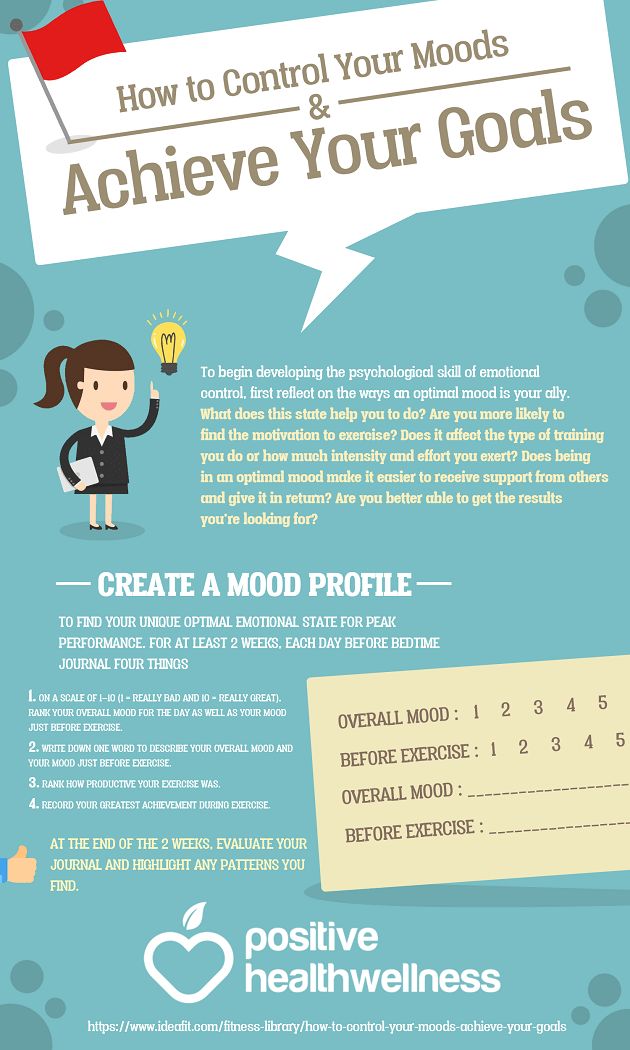
Some recommended genres of music are jazz, lofi hip hop beats, chillstep, ambient, classical, and even soft rock. Spotify even has curated playlists just for relaxing at night or falling asleep.
The great thing about relaxing and soothing music is that you can use it in combination with other relaxing activities before bed on this list.
6. Practice muscle relaxation and deep breathing techniques
One of the biggest issues many people have in getting to sleep is where their muscles tense up due to anxiety. This often happens as a response to being worried about getting to sleep, so you end up in a self-fulfilling feedback loop.
The good news is that pretty much anything you have voluntary control over in your body responds to regular practice. Take some time before you go to sleep to try to relax all your muscles in one area of your body at a time.
Start at your feet and end at your head. Practice slow deep breathing as you do this. Over time you will learn to relax your muscles at will which will make it much easier for you to get to sleep when you need to.
Try to gently massage your muscles on your legs, feet, and upper back. Rub these muscles with your thumbs in a circular motion.
Even simple stretches and yoga poses can help put your muscles in a more relaxed state. Poses such as a wide-legged child’s pose, or resting on your back with your legs up against the wall can help relax you and your muscles before bed.
7. Write a journal entry about your day
Take a few minutes before you go to bed to write down the most important things that happened in your day. In addition to helping you to clarify your feelings about the events of your day this will also provide a great reference to help give you an overview of how your life is progressing.
Give yourself the opportunity to vent every night before going to bed. If your thoughts and feelings of the day always surface before you go to sleep, use your journal and pen as an outlet. If you need writing prompts, try a mindfulness journal.
Write about your thoughts and what happened. Try to give yourself some closure every night so that the mind isn’t keeping you up.
Try to give yourself some closure every night so that the mind isn’t keeping you up.
8. Write a to-do list for tomorrow
Going to bed worried about tomorrow’s problems won’t help you get to sleep so take the time to write down a to-do list of things you can do to make those problems go away.
Knowing that you’ve at least made a small effort towards bringing those issues under control can help a lot in short-circuiting any anxiety you might have about those problems.
It’s also important to understand what you can control and what you can’t control. Especially in the moment. If you’re up all night worried about the thing you need to do tomorrow, does thinking about it in bed actually solve the problem?
Instead, take time to create a plan of attack for the next day’s problems to help ease the mind of anxieties before bed.
9. Take a warm soothing bath
There’s nothing like a soak in a warm bath to relax your muscles and prepare you for sleep.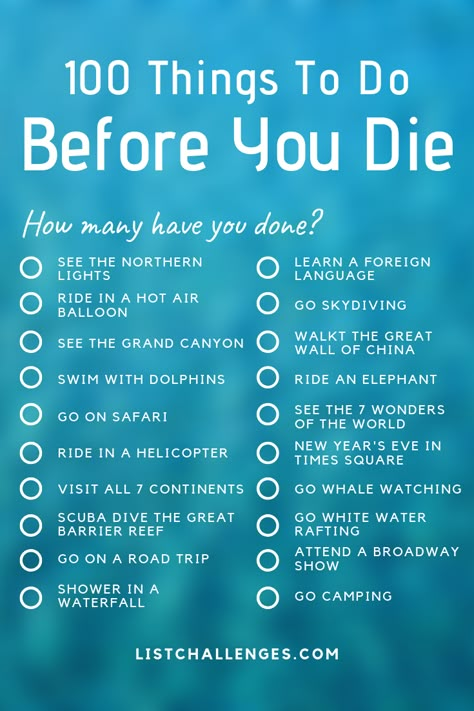
Take some time to wash your troubles away before going to bed. You might not be able to take a long bath every day of the week, but taking some time to relax in the tub every now and then is great for de-stressing and relieving any anxiety you may have built up throughout your day.
Even going the extra mile is worth it. Light a few candles. Play some relaxing music. Use a bath bomb or body wash that has a lavender scent.
It might also help to set a timer. If your anxiety is making you feel like you’re rushing the bath or all you can think about is getting out of the tub, set a minimum time. Try at least 15 minutes in the tub and close your eyes and breathe.
10. Take a moment to think about all the positive things in your life
Everyone has some rough moments in their day and the last thing you want to do is take negative thoughts about those moments to bed with you.
Use some of your time before going to sleep to remind yourself of all the positive things that have happened to you throughout your day, and the productive things that you achieved.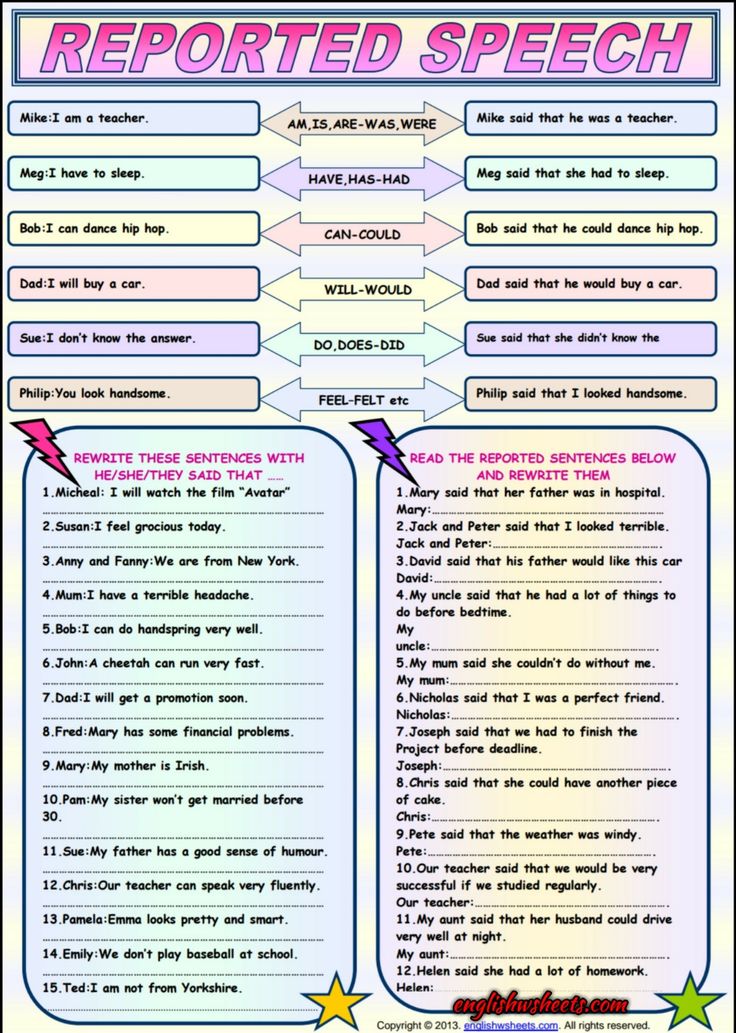 Tell yourself that almost all problems are fixable, and that any negatives are likely temporary.
Tell yourself that almost all problems are fixable, and that any negatives are likely temporary.
You’ve been through rough patches in the past and you’ve gotten through them, so remind yourself of that too.
Practice some gratitude before bed as well. Think about the things and people you’re grateful for. Remind yourself of all the little and big things in your life that you truly appreciate. Creating the proper conditions before bed isn’t always physical. It’s also about creating the right conditions in your mind. If you need some ideas, check out our long gratitude list for things to be grateful for.
11. Play a relaxing game
Video games can be pretty stimulating but today, there are hundreds of video games that are comfy and relaxing. Give yourself a chance to unwind and decompress from the stressors of the day with a anxiety relief game. It doesn’t need to be a video game either. There are plenty of board games and card games you can play that can be very relaxing.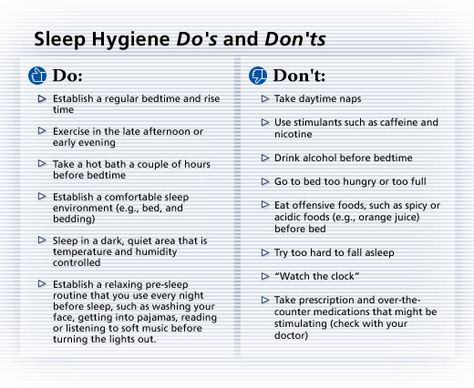
Be careful to not play video games too close before bed time. The blue light from screens can be stimulating and keep you up at night. Some relaxing games can still be stimulating, as well. Try to mix this activity with another relaxing activity before bed.
Good night
Engaging in some relaxing activities before bed can be a great help in getting you to sleep. It’s worth taking the time at the end of your day to put yourself into a more relaxed mood so that sleep happens more naturally. Getting a good night’s sleep is one of the best ways to ensure that you are ready for each new day, so try these suggestions out and see which ones work for you.
If you have any suggestions or have activities you do that help you sleep better at night, feel free to share them below in a comment.
20 things to do before going to bed
Eat cottage cheese, make a to-do list, put down the phone - we tell you how to improve your sleep and spend the night with health benefits.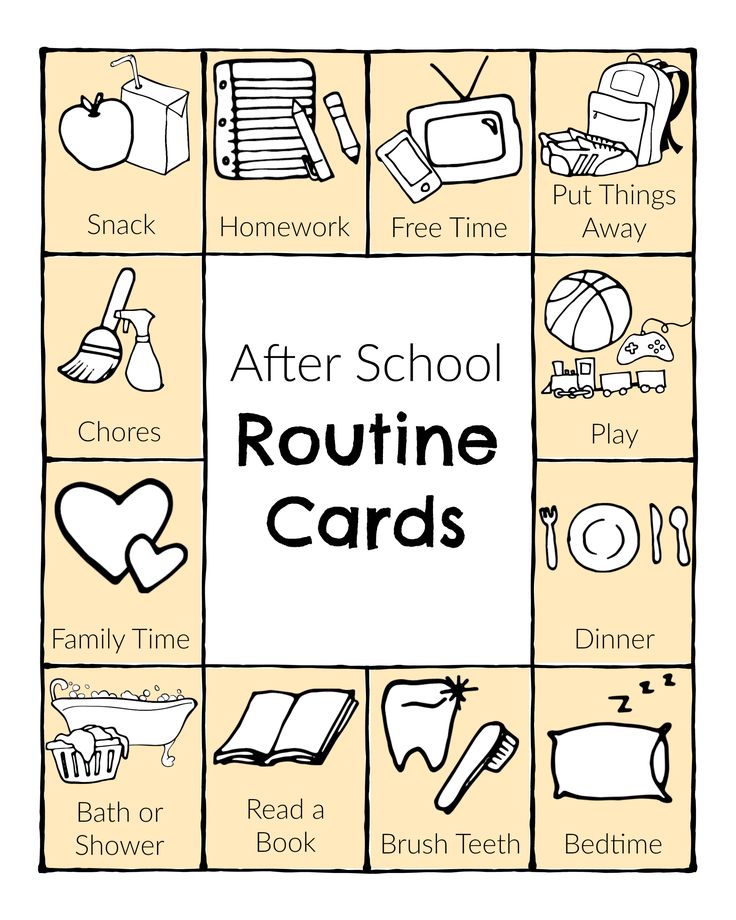
1. Understand that sleep should be regular
Night can be the best time to “clean up” your body: during sleep, all processes in the body are streamlined, including the use and storage of energy received from food. In fact, the success of the diet largely depends on just two hormones - leptin and ghrelin, they are your superhero and supervillain. The first helps to maintain a diet and regulate appetite, and the second stimulates the feeling of hunger. During sleep, leptin levels increase and ghrelin levels decrease, so if you are watching your weight, normal sleep is one of the main conditions.
2. Have a cup of tea
Before going to bed, it is especially useful to drink herbal tea - mint, with chamomile, lavender, oregano or hibiscus. These drinks do not contain caffeine and have a mild sedative effect.
Tea with mint or lemon balm perfectly copes with a false feeling of hunger - especially in those cases when you just want to eat out of boredom.
3. Eat some meat
Most meats contain tryptophan, an amino acid that improves sleep quality. At least a quarter of a gram of this amino acid is found, for example, in a chicken leg or 100 grams of a turkey, and even this amount increases the duration of deep sleep. And seven hours of normal sleep, in turn, restore the body after a hard day. However, it should be remembered that you need to have dinner two to three hours before bedtime.
4. Eat cottage cheese
Hunger often causes insomnia, and if you go to bed without dinner, then breakfast is likely to be too heavy. Therefore, do not refuse food in the evening, just opt for easy-to-digest protein foods. A small amount of cottage cheese or boiled eggs are great options.
Read also: Why you can eat at night
Alexander Kalinkin
somnologist
- It is not recommended to overeat or undereat at night, because eating too much or not enough will impair the quality of sleep. Of course, smoking and alcohol are excluded. If there are problems with sleep, many turn to alcohol to sleep better. Indeed, the process of falling asleep may be better on the background of alcohol, but when metabolism (that is, the process of processing alcohol) ends, a person usually wakes up. And it happens in the middle of the night. This does not mean that a person cannot take alcohol if they have trouble sleeping, but the doses should be small. If you use alcohol to improve the quality of your sleep, it leads to two complications: chronic alcoholism and chronic insomnia.
Of course, smoking and alcohol are excluded. If there are problems with sleep, many turn to alcohol to sleep better. Indeed, the process of falling asleep may be better on the background of alcohol, but when metabolism (that is, the process of processing alcohol) ends, a person usually wakes up. And it happens in the middle of the night. This does not mean that a person cannot take alcohol if they have trouble sleeping, but the doses should be small. If you use alcohol to improve the quality of your sleep, it leads to two complications: chronic alcoholism and chronic insomnia.
5. Start developing evening habits
By doing the same thing every night a couple of hours before bedtime, you can learn to fall asleep faster and easier. It is not so important what exactly you will do: write down thoughts about the past day in a diary, eat a certain amount of cottage cheese or read. Over time, the brain will begin to associate these activities with sleep and prepare in advance for rest.
6. Get rid of constant snacking
Snacking during the day can be more harmful than just large meals. Fruits and energy bars are actually not so harmless if you find it difficult to stop yourself and pause between meals. Therefore, it is important to remember that it is better to eat more, but not break the diet with snacks.
7. Use the opportunity to practice at home
To train before going to bed, it’s not at all necessary to get dressed and run to the gym - you can use your own body weight as a simulator. Push-ups, pull-ups, squats - these simple exercises involve different muscle groups and promote weight loss during sleep.
Alexander Kalinkin
somnologist
- If a person is having trouble sleeping, it is not recommended to do vigorous exercise less than four hours before bedtime, because it promotes a higher metabolism, an increase in temperature and, consequently, a deterioration in the quality of sleep.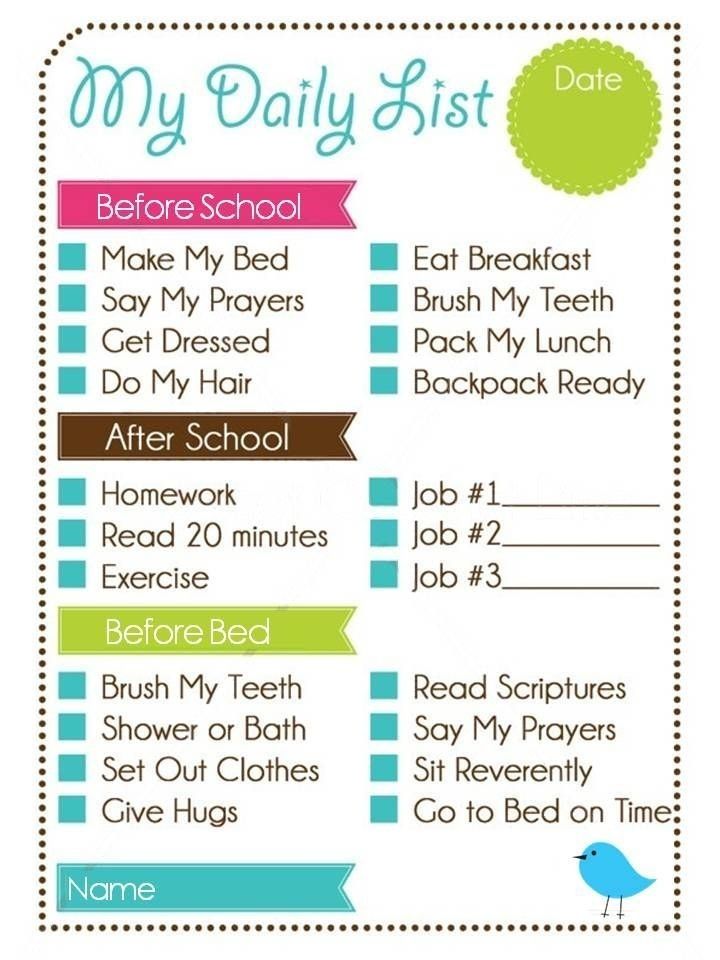 But any relaxing physical activity, from yoga to regular exercise, will improve the quality of sleep. Nevertheless, a person must learn such a technique so that he can easily relax, because many, having come home, experience anxiety and stress from work, traveling in transport. If a person knows how to renounce everything, this is a plus for him.
But any relaxing physical activity, from yoga to regular exercise, will improve the quality of sleep. Nevertheless, a person must learn such a technique so that he can easily relax, because many, having come home, experience anxiety and stress from work, traveling in transport. If a person knows how to renounce everything, this is a plus for him.
8. Make time for resistance training
Resistance training is especially effective before bed as it helps to optimize weight. According to one study, within 16 hours after such a workout, the metabolic rate is higher than usual.
9. Relax
Scolding yourself for insomnia and counting how many hours you have left to sleep is useless, and it can only do harm. Set aside everything and forget about problems, so that the very awareness of the opportunity to relax already helps to relax. Normal healthy sleep is possible only if you do not worry too much about it.
10. Follow the 20 minute rule
It's very simple: if you can't fall asleep 20 minutes after getting into bed, it's better to get up, get out of the bedroom and do something not too exciting. Start reading a big and boring book or watch golf - most likely, very soon the body will give a signal that it is ready to try to sleep again.
Start reading a big and boring book or watch golf - most likely, very soon the body will give a signal that it is ready to try to sleep again.
11. Make a to-do list
Although many try to keep in mind everything that needs to be done in the coming days, thoughts about upcoming business can distract from sleep. Try to write down your plans in the evening to the smallest detail - the next day will seem more orderly, and it will become much easier to fall asleep.
12. Create a comfortable temperature in the bedroom
Even when you really want to stay warm as long as possible, it is better to overpower yourself and at least open the window in the bedroom. You shouldn't be too cold, but the cool air, even in your sleep, will make the so-called brown fat, a tissue that consumes energy, work. Fat cells try to warm the body, thereby burning the calories consumed during the day.
Also read: 14 Ways to Sleep Better and Live Better
Alexander Kalinkin
somnologist
- There is an optimal temperature - about + 20 .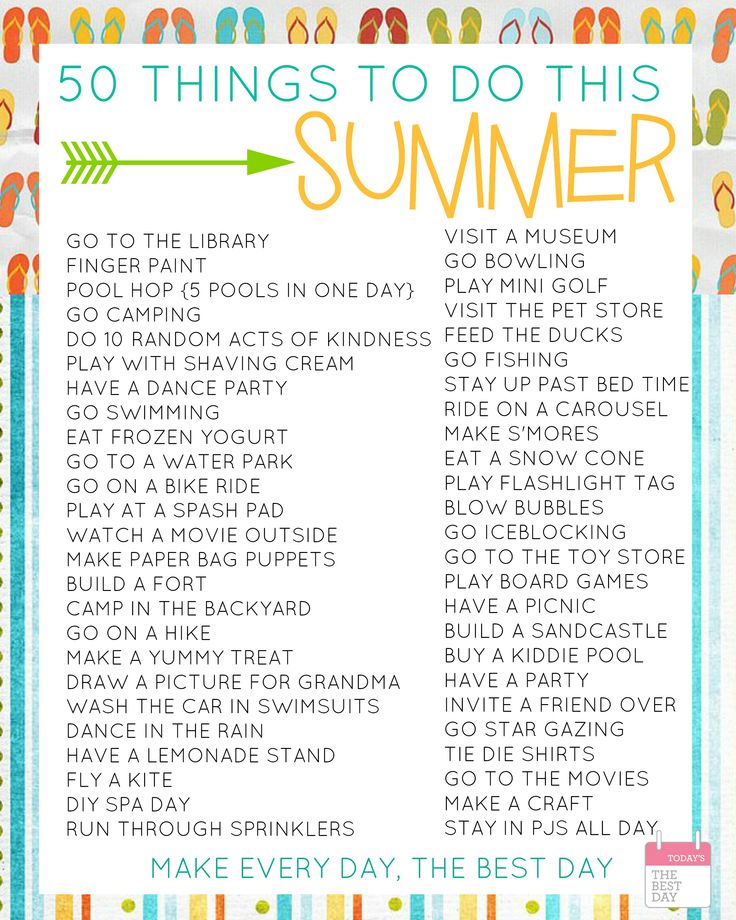 .. 22 degrees, when a person feels comfortable during sleep. When the temperature rises and falls, the quality of sleep will naturally decrease, so this factor should be taken into account in the same way as air humidity. This is of great importance, since for many people the quality of sleep deteriorates in the autumn-winter period, when the central heating is turned on and the air humidity in the room drops sharply.
.. 22 degrees, when a person feels comfortable during sleep. When the temperature rises and falls, the quality of sleep will naturally decrease, so this factor should be taken into account in the same way as air humidity. This is of great importance, since for many people the quality of sleep deteriorates in the autumn-winter period, when the central heating is turned on and the air humidity in the room drops sharply.
13. Take a bath or shower
A sharp drop in body temperature contributes to better falling asleep, which is why it is useful to take a warm or even hot shower or bath before going to bed. When you cool down, you can fall asleep faster, and your sleep will become deeper and longer.
14. Turn off all lights
Studies show that the included light not only interferes with sleep, but also affects weight. According to scientists, the darker the room in which you sleep, the more likely you are to maintain a normal weight.
15. Add carbohydrates to your diet before bed
Carbohydrates are not always bad for the figure: if you eat a small amount of carbohydrate-containing foods (apples, berries, quinoa, whole grain bread), you can more easily lose weight. The main thing in this case is not to get carried away and not include carbohydrates in the diet all the time.
16. Find your sleeping position
We spend a significant part of our lives sleeping, but for it to be effective, you need to choose your posture. Observe what position you sleep best in, and then choose your pillow and mattress based on that. Their different sizes, shape and thickness will help get rid of discomfort and pain after sleep.
See also: What positions can you sleep in and what better not to sleep in
17. Put the phone away
The more gadgets that distract you from sleep in the evening, the more difficult it will be to rest and recover at night.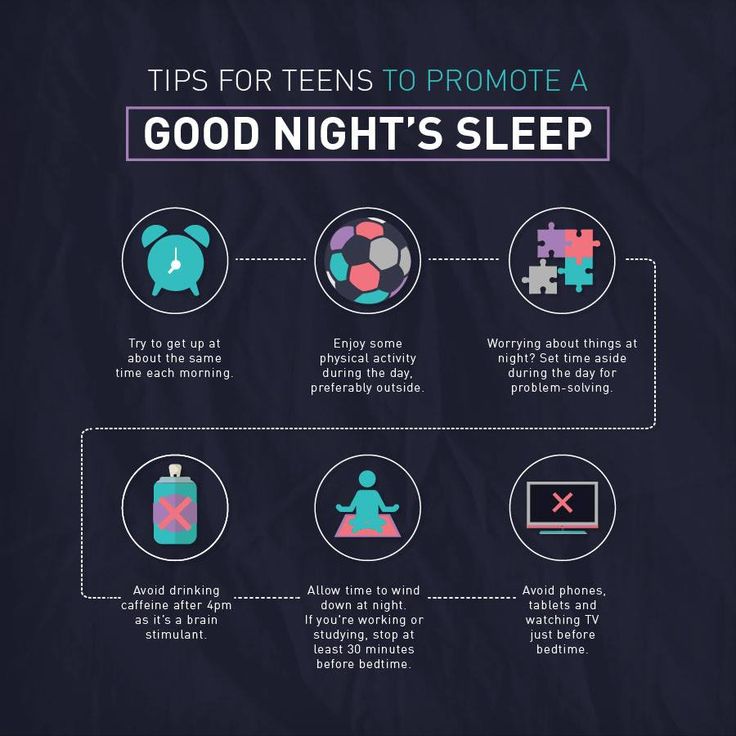 It's not easy, but it's better to send the last messages at least an hour before bedtime, and then leave your smartphone or tablet on the bedside table or even in another room.
It's not easy, but it's better to send the last messages at least an hour before bedtime, and then leave your smartphone or tablet on the bedside table or even in another room.
Alexander Kalinkin
somnologist
- It is believed that you should not use any gadgets before going to bed, because the light that the screen emits disrupts the production of melatonin. When melatonin was discovered, it was called the "sleep hormone", but in fact it is a hormone of the night: it lets all organs of the human body know that the night has really come. Therefore, if a person uses any lighting device - a bright room light, a bright TV, a smartphone screen - the quality of sleep may deteriorate. At the same time, negative news on TV is also harmful to sleep, but if a person watches a relaxing movie, some detective without unnecessary emotional upheaval, then this can, on the contrary, improve falling asleep.
18. Breathe through the nose
Breathe through the nose
Another important detail: nasal breathing not only prevents snoring, but also helps you get enough sleep. Deep breaths allow the body to completely relax and get enough oxygen for proper rest.
19. Plan your meals
Small and nutrient-dense meals throughout the day speed up metabolism and prevent insomnia caused by hunger. Also, if you eat regularly, your appetite stays healthy, so hunger when you wake up is also easy to avoid.
20. Keep a sleep diary
If you experience constant fatigue, sleep management can play an important role. To know exactly everything about your sleep, write down the number of hours spent in bed and even how much you dozed during the day. Start noticing what could have affected your sleep: coffee, exercise, work - and after a couple of weeks, review the records and draw conclusions.
Subscribe to The Challenger!
Share
What should I do before going to bed to get a good night's sleep? — www.
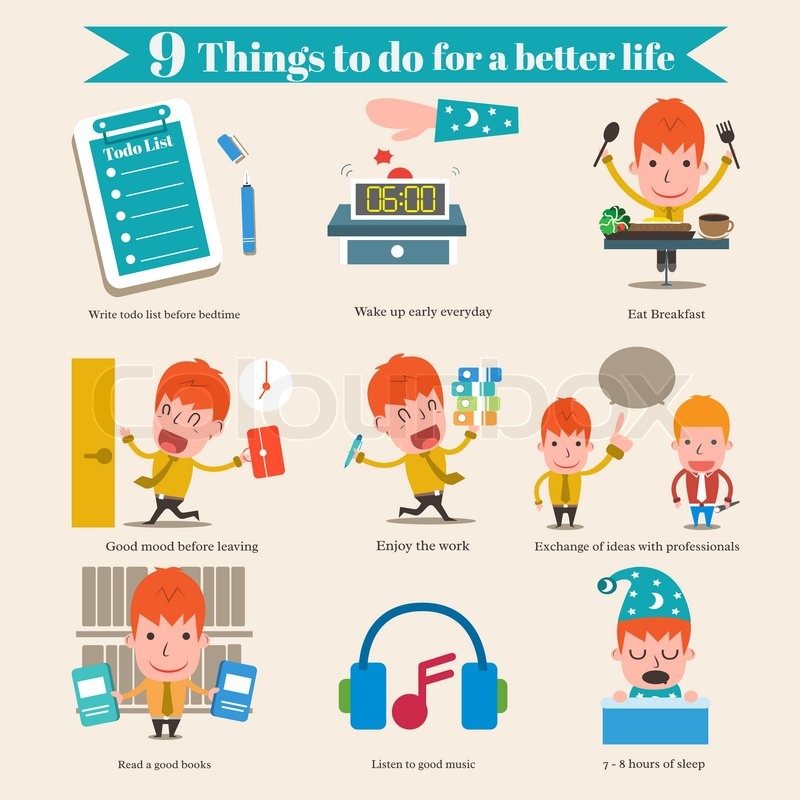 ellegirl.ru
ellegirl.ru Trending
- Photo
- Getty Images
Let's talk about what everyone loves - about sleep. Of course, everyone knows that sleep is very useful: sleep increases brain activity, helps to get rid of excess weight, fights stress. However, the older you get, the more difficult it is for you to fall asleep and the more restless your sleep becomes.
This is a huge problem, especially if you have to get up early in the morning for work or school. To fall asleep quickly and wake up easily in the morning, you need to carefully prepare for sleep.
The last minutes before you fall asleep are no less important than the hours of sleep. It is necessary to properly prepare the brain and body for sleep and the next day.
When you are so tired that you just want to fall into bed and pass out instantly, it is very hard to even think about doing anything before going to bed.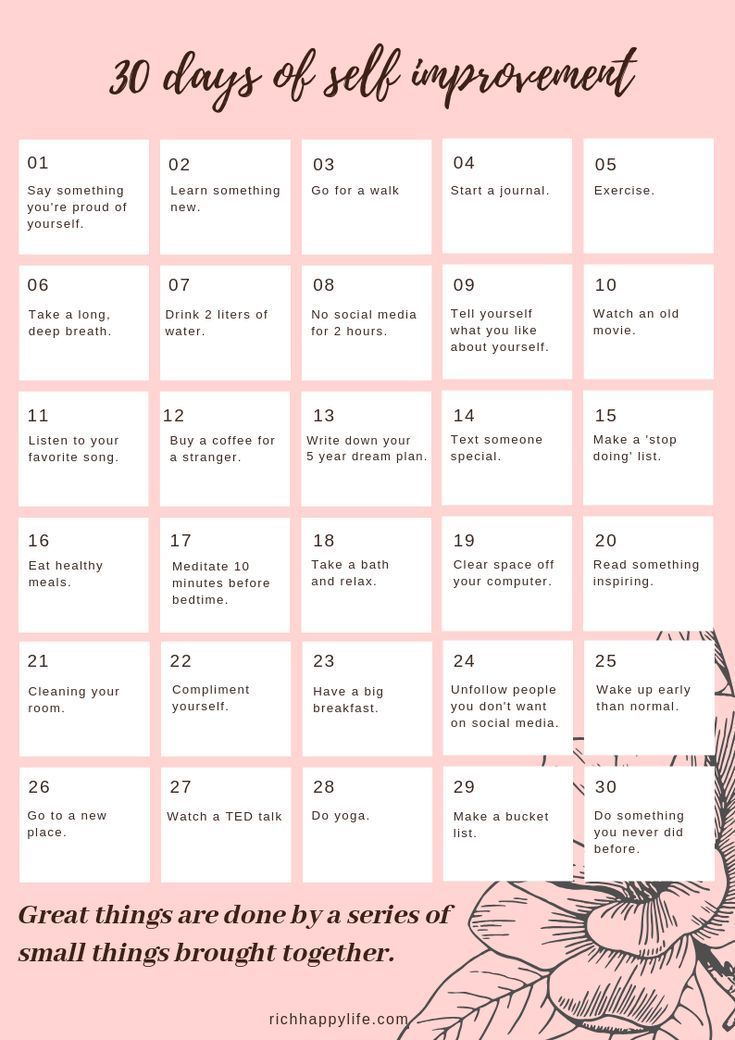 But we strongly recommend, despite your tiredness or extreme busyness in the evenings, to perform these small actions that will help you fall asleep easily and quickly at the right time for you.
But we strongly recommend, despite your tiredness or extreme busyness in the evenings, to perform these small actions that will help you fall asleep easily and quickly at the right time for you.
Turn off your phone
You may have heard this before, but trust me, it really works. Of course, it’s hard to give up the nightly ritual of checking the feed in all social networks, but this must be done at least half an hour before going to bed. Thus, you will provide the necessary rest for the brain and eyes.
👉 The fact is that our body is naturally designed in such a way that as soon as the sun sets and natural light disappears, it tends to sleep, eyes begin to stick together, and the brain turns off.
Artificial light from gadgets does not allow the body to relax and constantly wakes it up - you are in a state of unnatural wakefulness, which is why you cannot fall asleep for a long time. It is better to put digital stimuli aside to take a break from them before bedtime, and not during bedtime.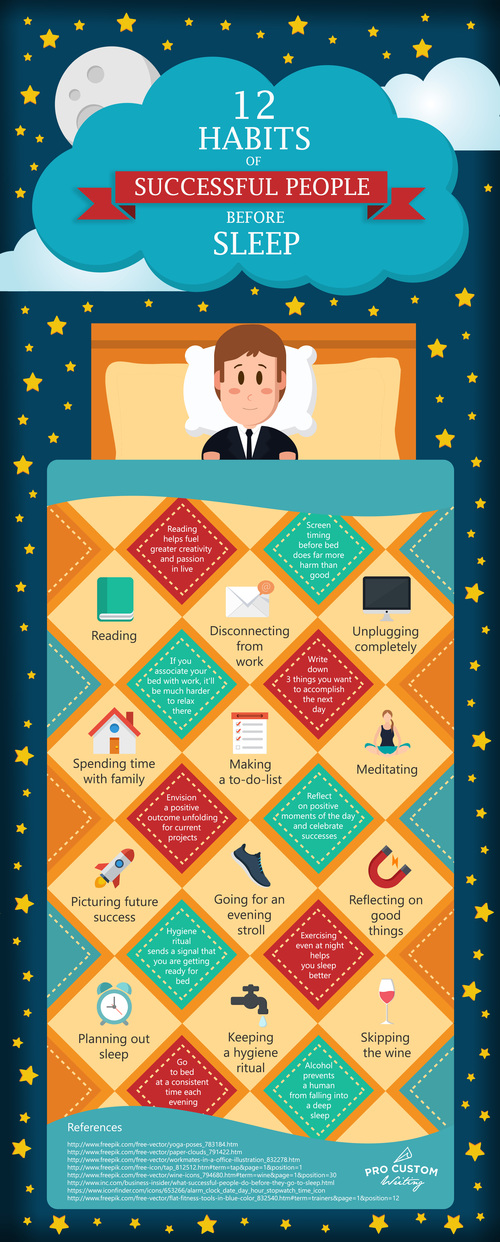
Wash your face
We have already mentioned how important it is to remove make-up before going to bed. Foundation, corrector, blush, powder, base — all this, along with street dust and microbes, remains in your pores. Therefore, do not be surprised why you then have blackheads, blackheads, clogged pores, and the skin in the T-zone is always oily.
The skin of the face also needs to rest, so be sure to wash off your makeup before going to bed. Even if you don't wear makeup, you still need to wash your face and use cleansers. After all, you wash your hands with soap after returning from the street, because they accumulate dust and germs from all the places you have been.
But your face was also there, and particles of dust, and drops of someone else's saliva, and particles of the skin of your friends also settled on it. It's probably best to wash it all off at the end of the day.
Gentle cleansing gel
Ideal for oily skin.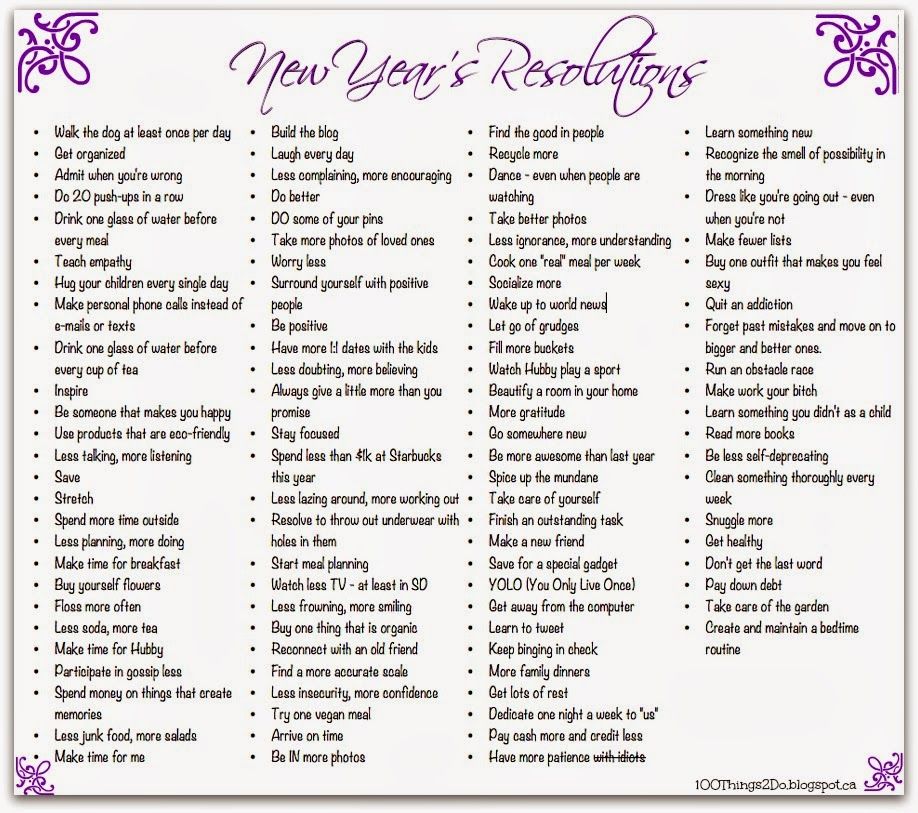 The gel deeply cleanses and refreshes the skin, removing excess sebum, impurities and makeup. It does not damage the protective barrier and soothes irritated skin.
The gel deeply cleanses and refreshes the skin, removing excess sebum, impurities and makeup. It does not damage the protective barrier and soothes irritated skin.
What they write in the reviews: Gentle cleansing, the smell is pleasant, it cleanses perfectly, the skin just breathed. Cleared the pores, the skin became smooth and the sebum was gone, which is not cleaned by other products that I used. Now I will only order it.
Advertising. LLC "Yandex"
Put water nearby
In order not to wake up in the morning with a swollen face, it is better not to drink a lot of liquid at night. But, of course, sometimes we wake up at night from thirst or, having risen in the morning, first of all we strive to drink water. This is natural, because our body constantly needs to replenish fluid reserves.
In order not to interrupt your sleep by going to the kitchen for water and to immediately quench your thirst in the morning, place a glass of water near the bed.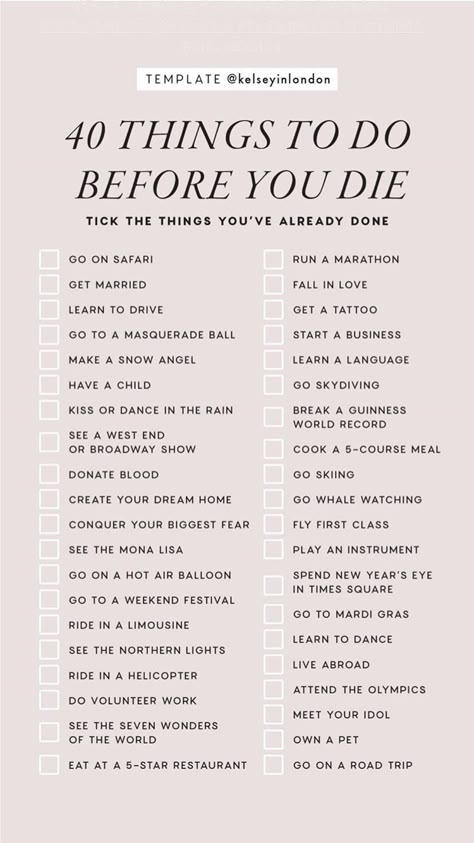 A glass of water in the morning after sleep will help start the digestive processes in the body and wake you up, and if you drink a glass of water every morning, your face skin and your mood will noticeably improve.
A glass of water in the morning after sleep will help start the digestive processes in the body and wake you up, and if you drink a glass of water every morning, your face skin and your mood will noticeably improve.
Choose a bow for tomorrow
Checked: it is very useful to think that you have nothing to wear in the evening, not in the morning. In order not to spend half an hour - an hour choosing the perfect outfit in the morning, collect it in the evening.
Find and iron the clothes you need, pick up your shoes, choose a bag, collect it right away too, put the right accessories in a conspicuous place so that you can put them on right away in the morning, and not look around the house in a panic. So you can quickly get together and look chic.
Bonus — you don't have to strain your sleepy brain to figure out how to combine what and with what, because you will think it over the day before.
Nice big mirror
Stylish designer mirror, in which you can look at yourself from head to toe and evaluate the chosen look, is a must-have for any fashionista.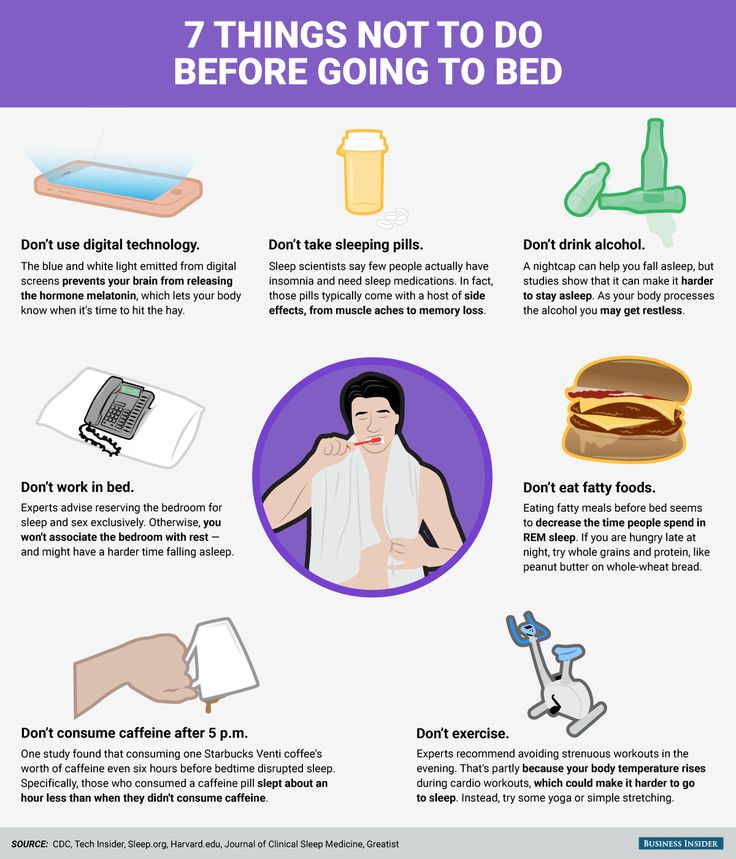
What they write in the reviews: Very beautiful mirror, looks decent in any interior, made with high quality, not heavy, if necessary, you can always change the place of deployment.
Advertising. OOO "Yandex"
Do not eat before bed
Undoubtedly, everyone loves to chew chips (or something more substantial) to their favorite TV series. This often happens before bed. However, our body cannot perform two of these important actions at the same time: digest food and recover during sleep.
A hearty dinner at 11:00 pm is not only bad for your waist, but also for your stomach. The food will not be fully digested and assimilated, which means that in the morning your stomach will hurt. To avoid this, try not to eat at least an hour before bedtime. Nothing at all. For dinner, eat a light salad with a piece of boiled chicken or shrimp.
Plan for tomorrow
Your brain doesn't wake up with you, so sometimes mornings can be downright awful.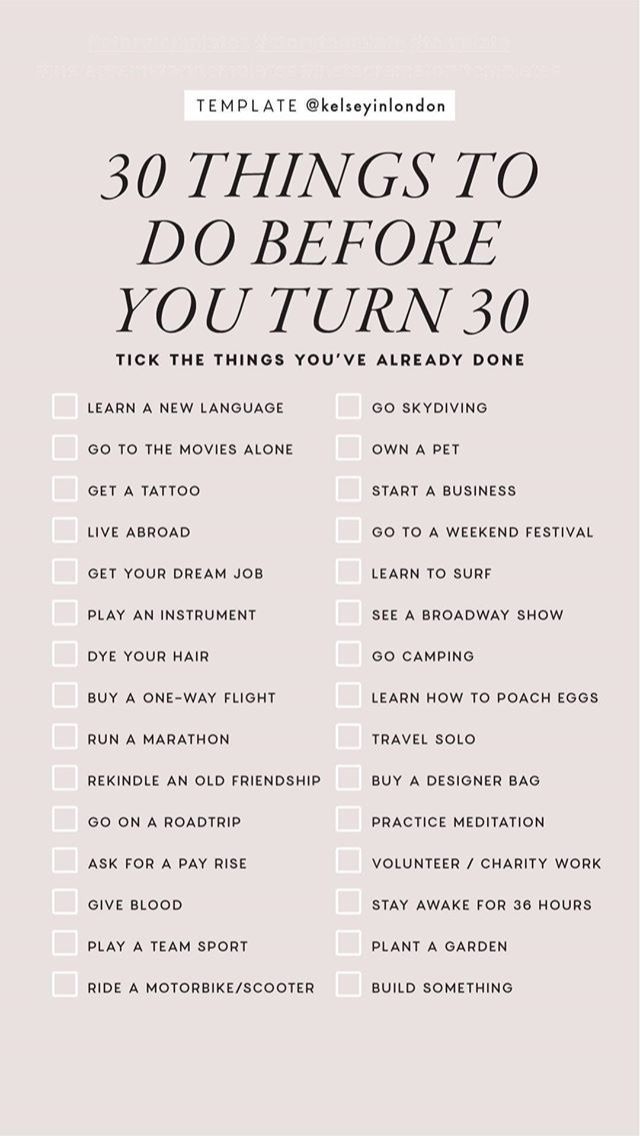 You stand in front of the closet for a long time and don’t understand what to wear (we have already dealt with this problem), you try to pack your bag, you forget your keys, then your phone, you can’t remember what extra classes you have today and whether you need to take a physical education uniform with you .
You stand in front of the closet for a long time and don’t understand what to wear (we have already dealt with this problem), you try to pack your bag, you forget your keys, then your phone, you can’t remember what extra classes you have today and whether you need to take a physical education uniform with you .
As a result, you forget something important at home, you are late for classes and you just can't remember what you should have done in the evening. To avoid this, plan your day the day before. You can record everything in a beautiful organizer. Or just make a mental plan. So you will program yourself in advance, get ready in the morning without straining your brain, and in the afternoon you will do everything you need. Well, at least don't forget about it.
Stylish and original diary
How to motivate yourself to keep a diary? Buy one you don't want to part with 🙃
Advertising. LLC "Yandex"
Meditate
Meditation helps to relax, calm down and get rid of stress accumulated during the day.



